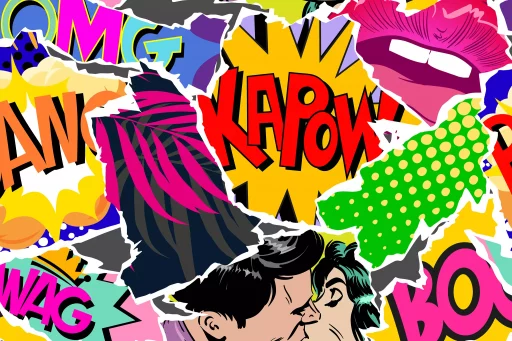Introduction
The word ‘peon’ originates from the Spanish word ‘peón’, meaning ‘foot soldier’. In contemporary slang, however, it has come to mean something quite different, encompassing various connotations in social and professional contexts. One can refer to someone as a ‘peon’ to highlight their perceived low status, lack of influence, or the menial nature of their job.
Understanding the Slang
In the slang sense, ‘peon’ often describes someone in a subordinate position, typically within a hierarchical structure such as a workplace, social group, or even during interactions in digital spaces like online gaming or forums. Here’s how it breaks down:
- Workplace Context: Employees in low-tier positions are often labeled as peons, indicating their lack of authority.
- Social Context: In social hierarchies, individuals may refer to others as peons when they feel that those individuals lack significant status or power.
- Gaming Communities: Players may use the term to describe new players or those seen as less experienced.
Case Studies
To illustrate the usage of ‘peon’ in modern contexts, let’s explore a few case studies.
1. Corporate Settings
In many corporations, especially larger ones, there exists a clear hierarchy. Newly hired employees or interns often find themselves called ‘peons’ by their more experienced coworkers. For example:
- A software company has a tiered structure where junior developers are often humorously referred to as ‘peons’ because of their lower rank and initial lack of decision-making power.
- The middle management might complain about their struggles trying to gain respect from higher-ups while calling their subordinates peons in an offhand manner.
2. Education Settings
In schools, students may refer to freshman students as ‘peons’ as a way to denote their newer status and reduced social standing compared to upperclassmen. This can create a culture of elitism where older students feel superior.
3. Online Communities
In the context of gaming or online forums, more experienced members often refer to less experienced newcomers as ‘peons’. This can sometimes lead to hostile environments where new users may feel belittled.
Statistics on Workplace Hierarchies
Understanding the implications of such slang can be crucial for addressing workplace dynamics. According to a survey by Gallup, approximately 70% of employees feel disengaged in the workplace, largely due to issues related to hierarchy and communication. The use of terms like ‘peon’ can exacerbate these feelings of low self-worth.
- Over 50% of respondents in the survey reported that they felt underestimated by their peers.
- Approximately 35% claimed to leave a job due to feeling belittled or undervalued.
The Impact of Usage
While using the term ‘peon’ might seem harmless or funny in a jovial context, its implications can carry weight: it can undermine workplace morale, create barriers to teamwork, and encourage a toxic culture. Whether deliberate or unintentional, a pejorative term can foster environments of exclusion.
Addressing the Issue
Organizations need to be mindful of the language used within their ranks. To mitigate the impact of hierarchical slang like ‘peon’, companies should encourage:
- Open Communication: Fostering conversations between all levels of employees.
- Team-building Exercises: Initiating activities that build camaraderie.
- Awareness Programs: Informing staff about the implications of derogatory language.
Conclusion
In conclusion, while ‘peon’ has its roots in a simple grammatical origin, the slang usage significantly highlights issues of hierarchy and social dynamics. Being aware of our language and promoting a culture of respect in workplaces and social settings can lead to healthier, more productive environments. Being called a peon may bear no malice, but it can reflect deep-seated attitudes toward hierarchy and respect.


